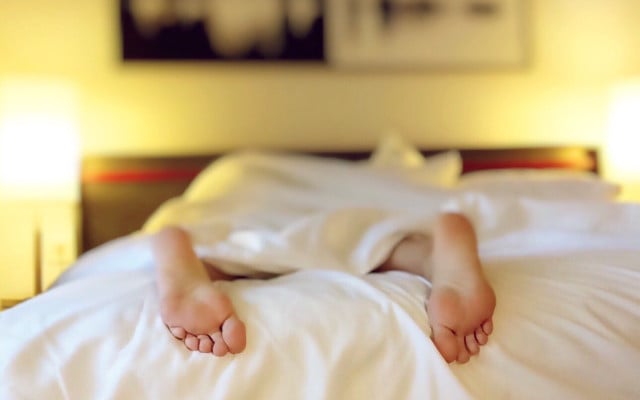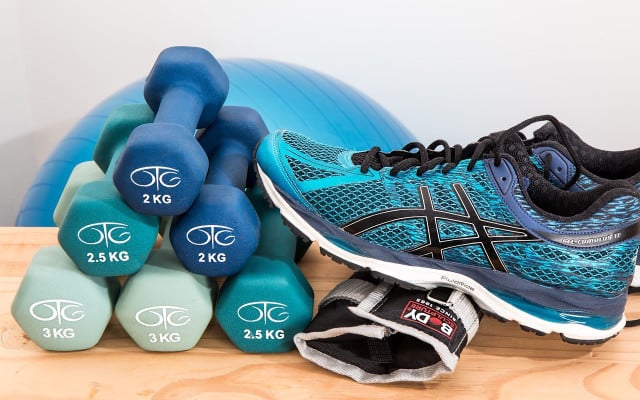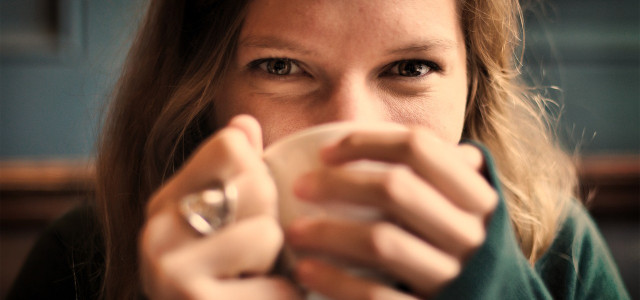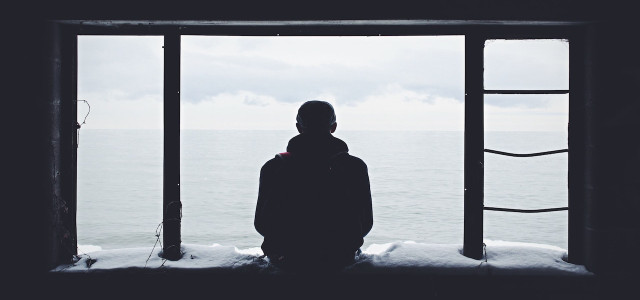You want to cut coffee out of your life but fear the caffeine withdrawal symptoms? Don’t worry. We’ll give you some tips on how to push through the unpleasant side effects.
Coffee not only gets us up and moving in the morning, but it also happens to taste really good. It’s certainly no mystery why so many of us depend on it. But no matter how many excuses we make about coffee helping us get through the day, the fact remains that the caffeine contained in coffee gets us addicted and puts a real strain on our bodies. It shouldn’t come as a surprise, then, that quitting coffee comes with some unpleasant caffeine withdrawal symptoms.
However, the coffee withdrawal may be worth it: Inner unrest, sleeplessness, nervousness and even stomach problems can all result from nurturing your coffee habit. The same goes for other caffeinated beverages like soda or energy drinks.
Why Is Quitting Coffee so Difficult?

So here’s what coffee actually does to your body — and why we feel caffeine withdrawal symptoms when we quit: In your brain, different receptors play specific roles in the feeling of well-being. One particular set of receptors is for adenosine. Adenosine is a molecule that produces feelings of tiredness when it is absorbed. Structurally, the caffeine molecule is very similar to adenosine, which can lock onto adenosine receptors, effectively blocking them off.
In addition, this chemical state causes your body’s natural stimulants to kick into gear: the blocked adenosine receptors allow dopamine to work more effectively, and the surplus adenosine in the blood causes the release of adrenaline.
That means that when your body is trying to signal that it is time to rest, it can’t. This situation causes your brain to respond by producing even more adenosine, which will continue to be blocked by the caffeine, and your body will continue to be unable to come down. Simply put: when you drink coffee regularly, your body is in a constant state of stress.
When you stop drinking coffee, your brain is still overproducing adenosine, and when the caffeine is no longer there to block reception, you get hit with a plethora of less-than-enjoyable effects. Coffee withdrawal occurs because your body is simply out of balance, and it will take a little time to right itself again.
Typical Symptoms of Coffee Withdrawal



The first caffeine withdrawal symptoms will usually occur 12-24 hours after the last cup of coffee you’ve had. The intensity of coffee withdrawal will depend on how much coffee you’ve been consuming on a regular basis and how fit you generally are.
The following can be caffeine withdrawal symptoms:
- Headache
- Exhaustion and lack of energy
- Restlessness and sleeplessness
- Dizziness and nausea
- Constipation
- Lethargy
- Irritability and lack of focus
How long these symptoms last is different for everyone. Your body is doing everything it can to bring itself back into equilibrium. A complete recovery from all symptoms could take anywhere from a few days to several weeks.
How to Beat Caffeine Withdrawal Symptoms



Deciding once and for all against coffee and caffeine is an accomplishment in itself, but it’s afterward that the real work begins. Now you have a choice: go cold turkey and remove all caffeine from your life in one go, or you can slowly wean yourself off of it. A slow coffee withdrawal is likely to be the less physically and mentally uncomfortable option but is also likely to be considerably more difficult to stick to. Cold turkey is unpleasant, but this option allows you to face any caffeine withdrawal symptoms head-on and get through them in one shot.
Here are some tips for successfully quitting caffeine:
- Drinking coffee is often part of a routine. To help yourself get through coffee withdrawal, try changing up your routine. Do you usually go looking for coffee first thing in the morning? It might sound ambitious, but try exchanging your morning coffee for an early morning workout. Exercise will wake your body up and give it lasting energy instead of just a cheap chemical boost.
- Stay busy. Do something active to keep your mind off of caffeine withdrawal symptoms: find a healthy way to distract yourself and keep temptation at bay.
- Be conscious of why you drink coffee. Think about what it is that draws you to it. Is it the taste? Try chicory coffee, made from the roasted root of the chicory plant. Is it because you are always tired and are looking for an energy boost? This is a bigger problem and requires more attention: start by trying different ways to fall asleep, some mindfulness-based stress reduction techniques or making more time for exercise.
- Find an alternative drink. Drinking coffee is often part of a ritual: drinking coffee with your partner before you both head off to work or having a cup with your co-workers in the afternoon. Cutting caffeine out of your life does not mean you have to sacrifice sharing these moments of connection. Find a non-caffeinated beverage that you enjoy, like an herbal tea, homemade hot cocoa, apple cider or chicory coffee. You could also try an infusion, like ginger water or hot water and lemon.
Tip: If you want a refreshing warm drink, try growing your own mint in your kitchen. That way, you will always have fresh mint to make tea with.
Important Information regarding Health-related Topics.
** Links to retailers marked with ** or underlined orange are partially partner links: If you buy here, you actively support Utopia.org, because we will receive a small part of the sales proceeds. More info.Do you like this post?







